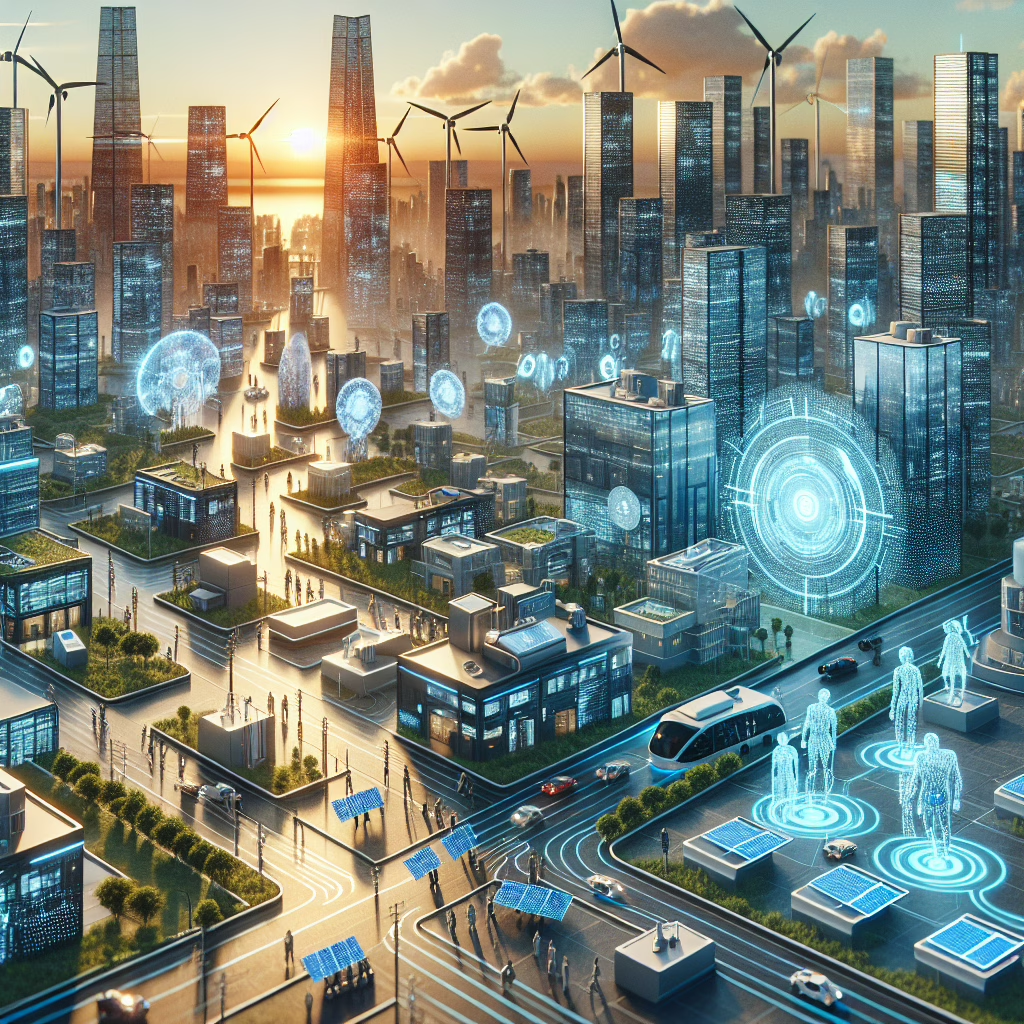When it comes to the world of artificial intelligence, there’s a lot of buzz around ChatGPT and its energy usage. But don’t worry, Sam Altman, CEO of OpenAI, is here to reassure us that we shouldn’t panic about our beloved chatbot’s power consumption. Let’s dive into the electrifying details!
Understanding ChatGPT’s Energy Usage
In a recent discussion, Sam Altman addressed the burning question: how much energy does it really take to run ChatGPT? The numbers might surprise you—like finding a $20 bill in an old coat pocket! According to Altman, each prompt that users send to ChatGPT consumes about 0.0003 kWh of electricity. To put this into perspective, that’s equivalent to the energy used by a standard light bulb for just over two minutes. So, while you might think you’re draining your wallet by chatting away, rest assured, you’re not exactly running a small nation on power.
Powering Up Without Guilt
Altman reassured users that as AI technology evolves, so too does its energy efficiency. OpenAI has made significant strides in optimizing their models, which means less energy wasted and more brainpower focused on serving up your queries with lightning speed. It’s like upgrading from a gas guzzler to a sleek electric vehicle—better for the environment and your conscience!
Moreover, the overall carbon footprint of AI is under scrutiny. With many folks worried about climate change, it’s refreshing to hear that OpenAI is committed to reducing emissions related to its operations. Altman emphasizes that OpenAI plans to continue improving its infrastructure while also exploring renewable energy sources. So, every time you chat with ChatGPT, know that you’re not just engaging with advanced technology; you’re also contributing (in a tiny way) to a greener planet.
ChatGPT vs. Your Morning Coffee
If you’re worried about ChatGPT’s energy usage affecting your electric bill, let’s do some quick math! If you were to send one prompt every minute for an entire day (1440 prompts), it would use approximately 0.432 kWh. Compare that to your morning coffee machine that likely consumes more energy per brew! In fact, brewing coffee takes about 0.05 kWh per cup on average—so maybe it’s time we start worrying about our caffeine habits instead!
This leads us to a delightful realization: engaging with AI can actually be more eco-friendly than some of our daily habits! So next time you’re typing away at ChatGPT for advice or entertainment, just remember you’re saving the planet one witty response at a time.
The Future Looks Bright (and Efficient)
As we move into 2025 and beyond, the demand for AI is only going to increase. This means that companies like OpenAI will continue innovating not just in functionality but also in sustainability practices. Altman mentioned ongoing efforts to enhance efficiency, ensuring that as more users flock to AI services like ChatGPT, the environmental impact remains minimal.
But wait! There’s more! Altman also hinted at further transparency regarding energy consumption in future updates. Imagine receiving monthly reports on how many light bulbs worth of energy your chats consumed! It could be like getting your own personal eco-report card.
Wrapping It Up with a Positive Spin
So what’s the takeaway from all this? While it’s essential to consider AI’s energy usage seriously, it’s equally important not to get swept away by panic over power consumption. Thanks to leaders like Sam Altman and innovative teams at OpenAI, we can enjoy our interactions with ChatGPT guilt-free while knowing that strides are being made towards cleaner technology.
As we continue exploring the intersection of technology and sustainability, remember that every question you ask contributes not just to your knowledge but also supports ongoing advancements in eco-friendly AI development.
We’d love to hear your thoughts on AI and its energy usage! Do you think we should be more concerned about our daily habits instead? Share your opinions in the comments below!
And a big shoutout of gratitude goes out to TechRadar for their insightful original article from which these enlightening ideas were inspired!

